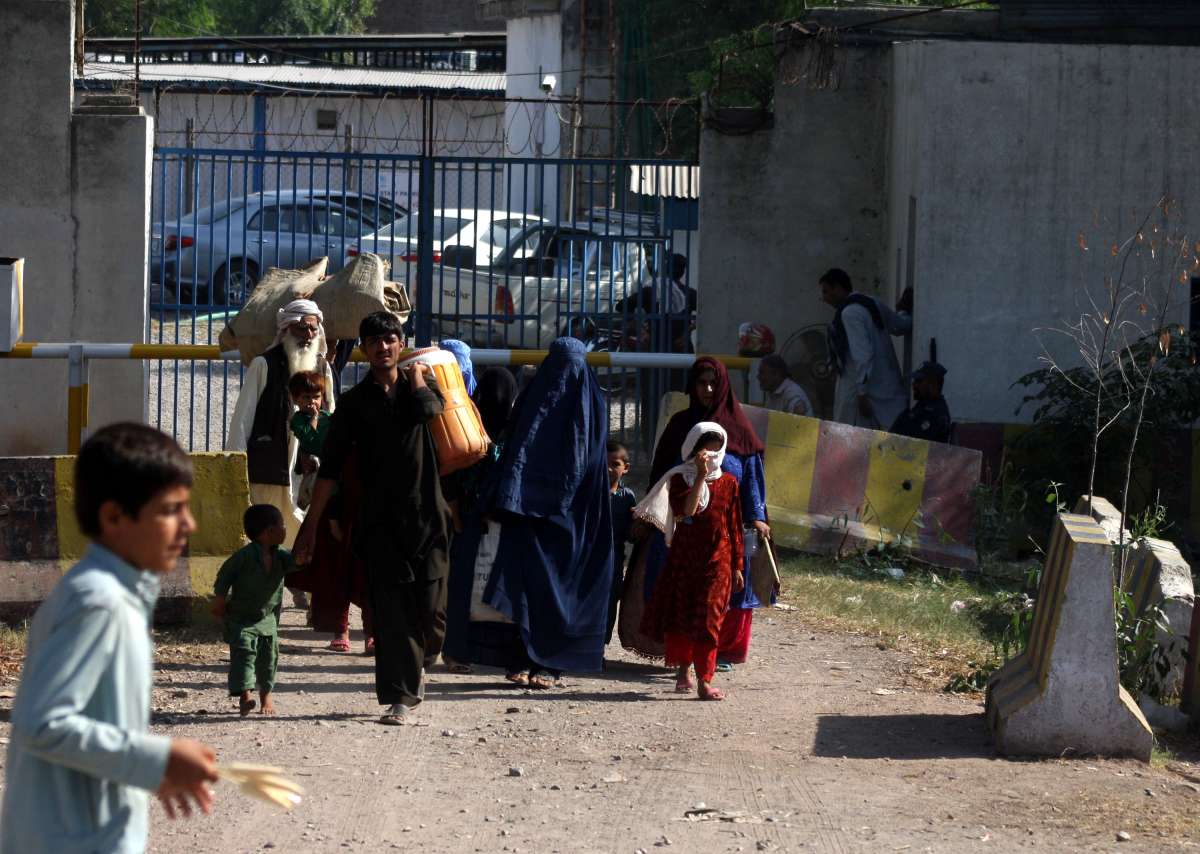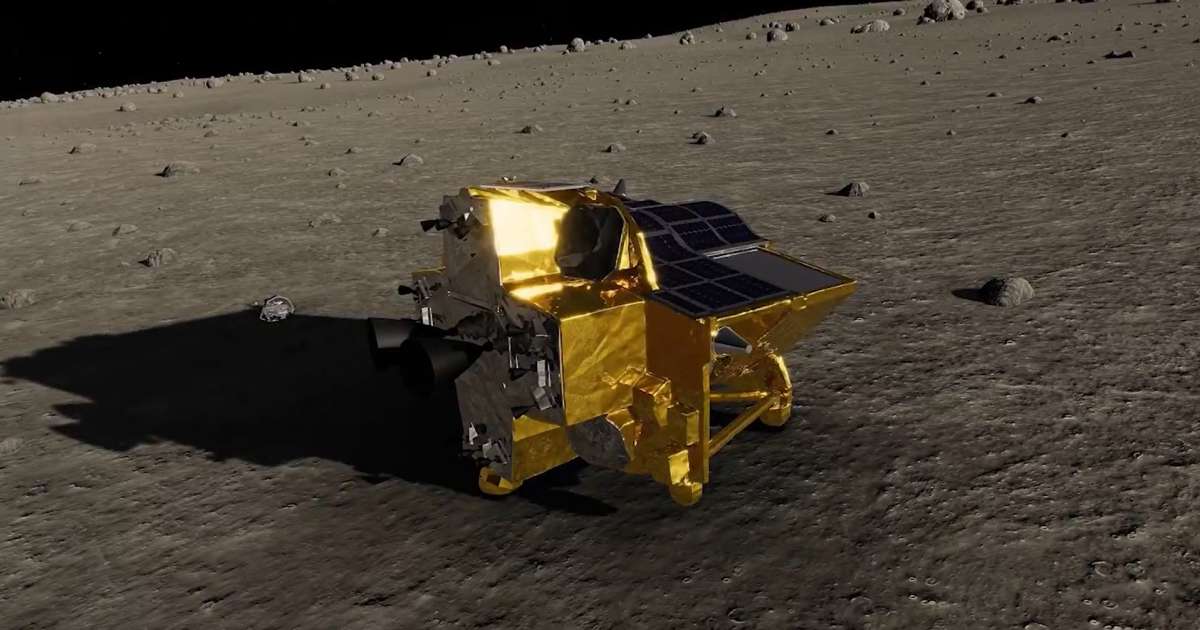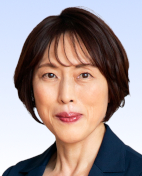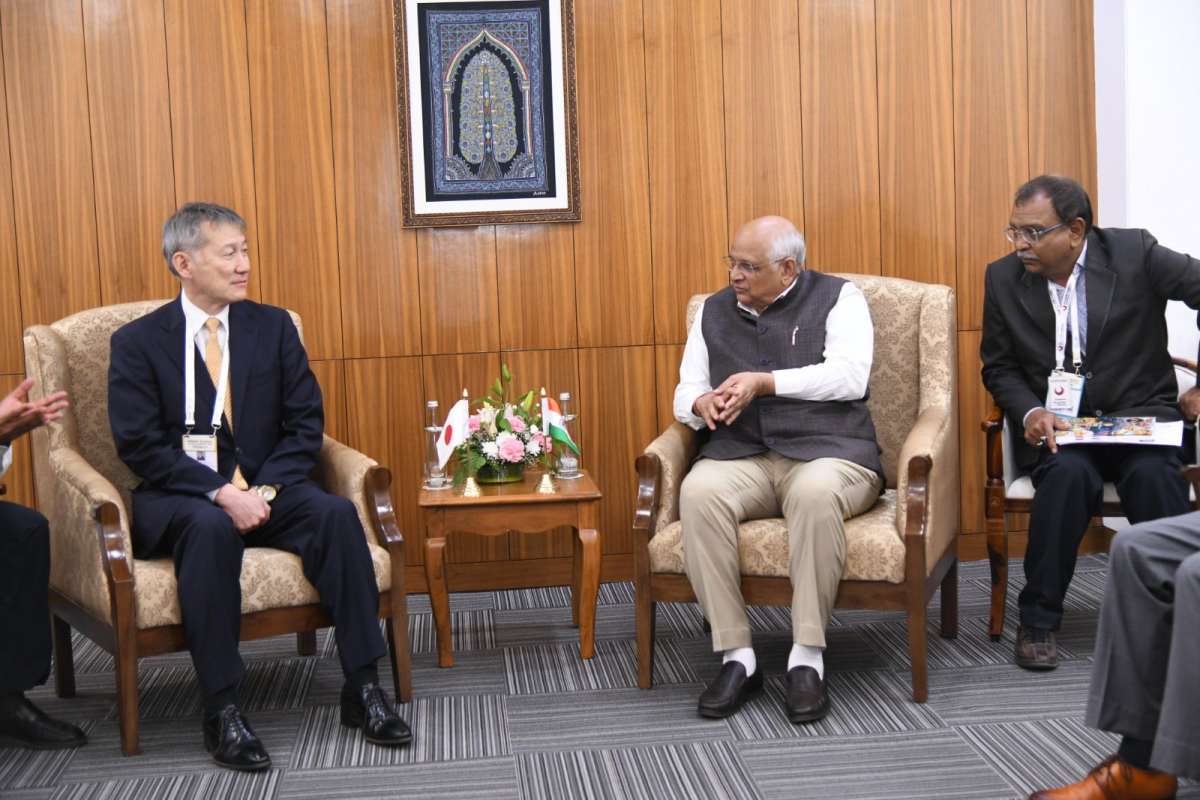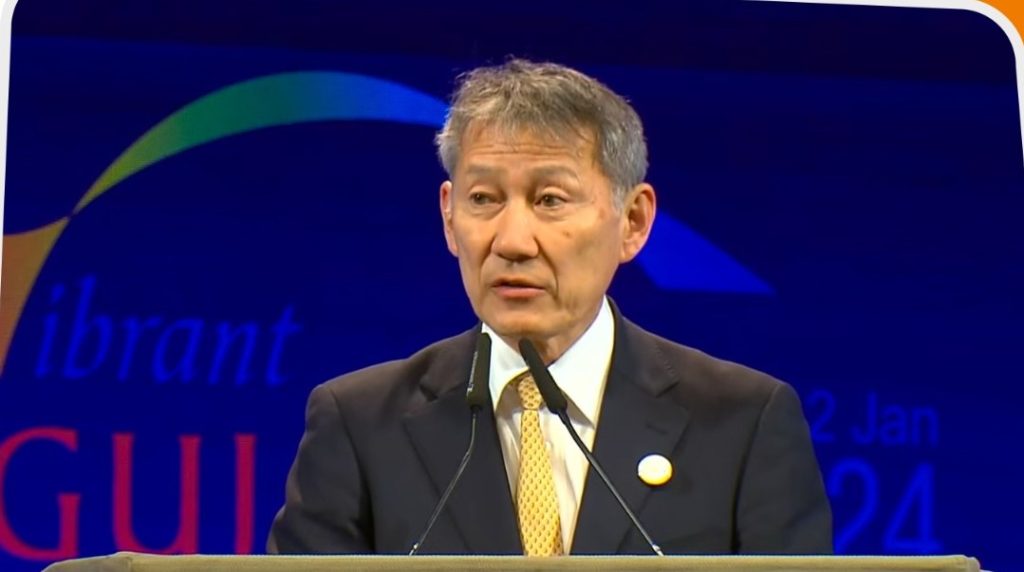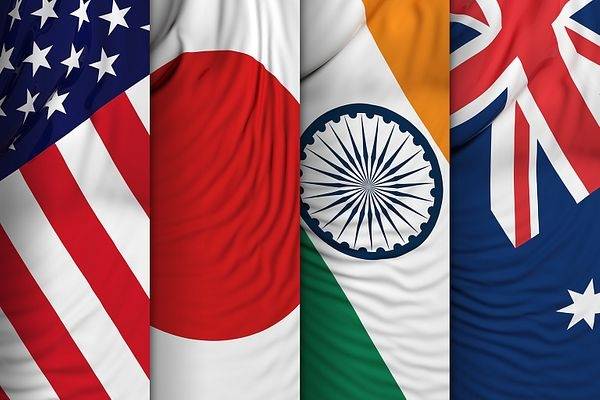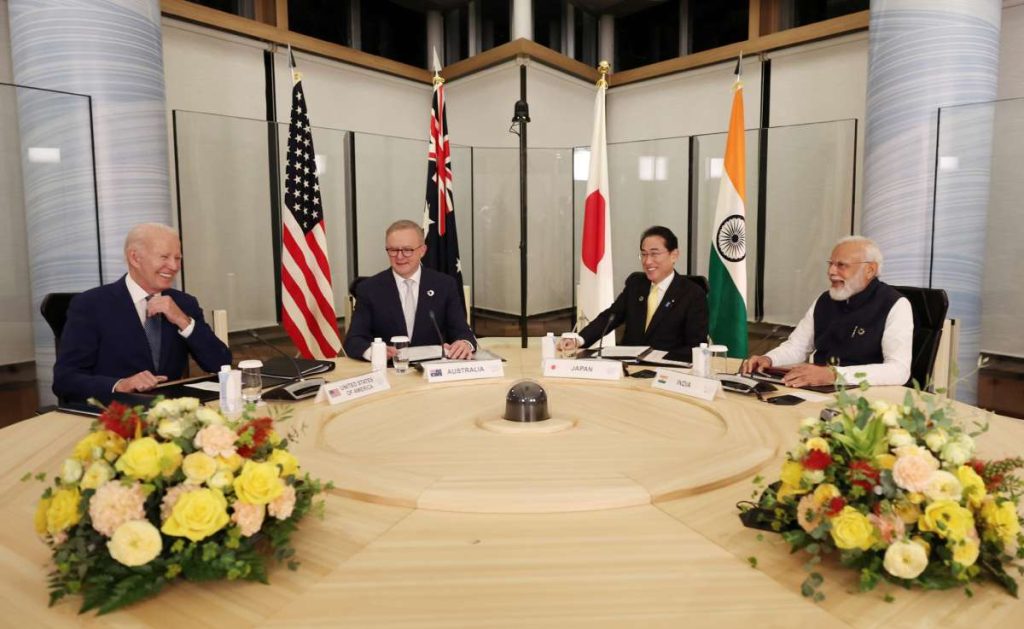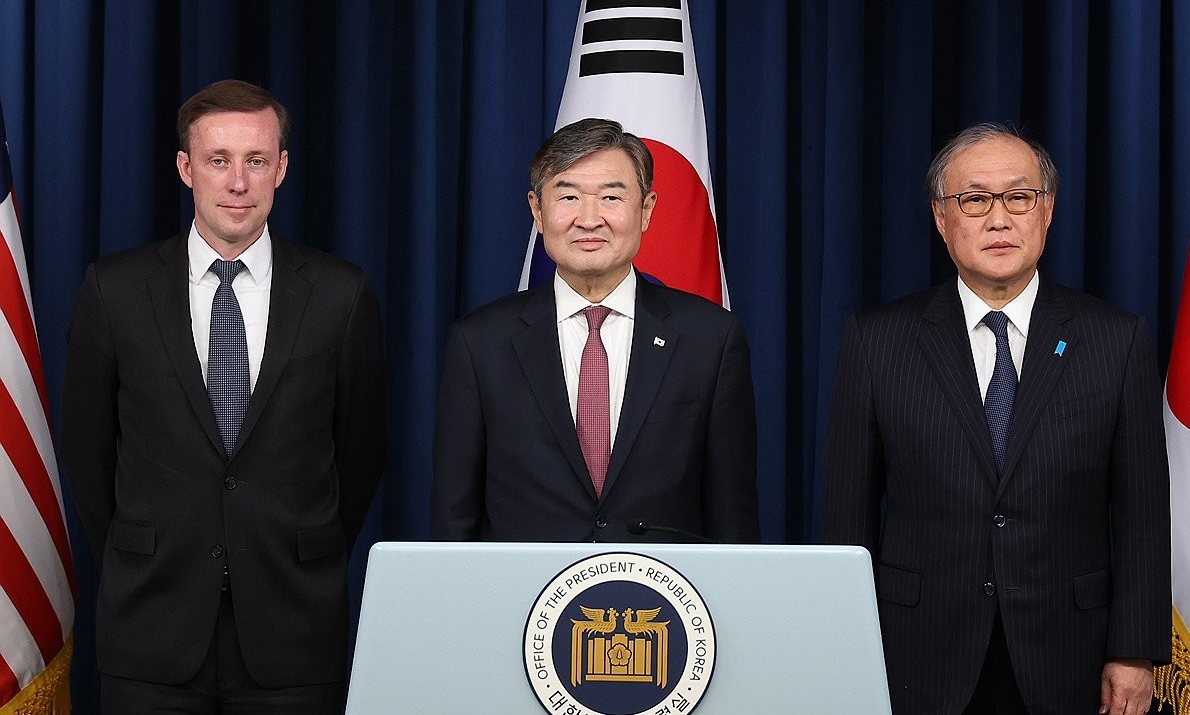The aid will help the WFP deliver emergency food and nutrition assistance to food-insecure people…reports Asian Lite News
The World Food Programme (WFP) has announced the humanitarian aid of USD 13.5 million from Japan to the Afghan people, as reported by TOLO News.
The aid will help the WFP deliver emergency food and nutrition assistance to food-insecure people, support schoolchildren to learn better and keep the United Nations Humanitarian Air Services (UNHAS) operational.
Najib, a 12-year-old student who works with his father in Kabul, said that he is trying to support his five-member family by working and wishes that their economic challenges would end.
“We want the government to provide work opportunities for my father so that we can continue our studies,” he added.
The World Food Programme highlighted that with the help of this aid, the organisation will reach nearly 6,00,000 food-insecure people through food assistance, TOLO News reported.
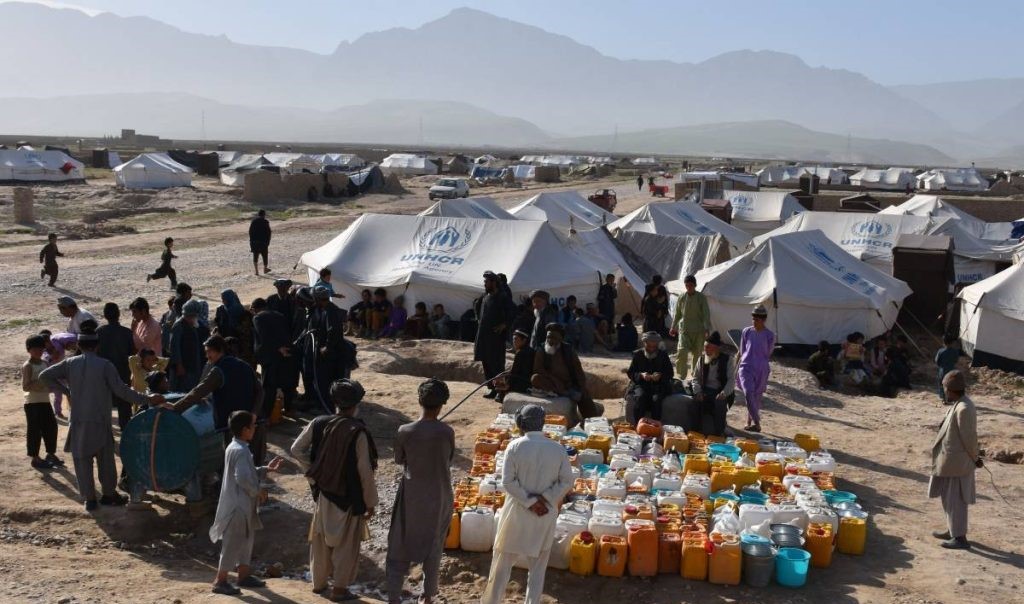
“With this contribution, WFP plans to reach nearly 630,000 food-insecure people through food assistance and treat more than 42,000 malnourished pregnant and breastfeeding mothers and children. Almost 36,000 schoolchildren in primary school will receive fortified biscuits as daily school snacks to help them stay healthy and learn better,” they stated.
Some residents of the capital, facing economic challenges, asked the Taliban to distribute id to the needy in a transparent manner, according to TOLO News.
Barat Khan, a Kabul resident, said, “We earn 200 to 250 Afghanis a day and our family members are large, so the money is not sufficient.”
Ziaullah, another resident of Kabul, emphasised that help should be given to those who really deserve it.
“Help should be given to those who really deserve it, and the government should have full cooperation in this area.”
Zabihullah Mujahid, the Taliban spokesman, appreciated the help received by the organisation and said that they want more help from them.
“The economic situation in Afghanistan is normal and it is affected after the war and forty years of war have passed in this country. The countries that help us should increase their cooperation. We appreciate their help and we want more help from them, but the distribution of aid will be good,” he said.
Meanwhile, the Ministry of Economy welcomed the aid of the countries of the world to Afghanistan and emphasised the continuation of this aid in the development and infrastructure programmes of the country, according to TOLO News.
Abdul Rahman Habib, spokesman for the Ministry of Economy, said, “In addition to humanitarian aid, donor organisations and countries should focus on employment-generating sectors that lead to job opportunities through the implementation of development projects.”
Earlier, WFP announced USD 2.2 million from Denmark for humanitarian aid to Afghanistan and said that the total aid of this country to Afghanistan since 2015 has reached USD 36.4 million. (ANI)
ALSO READ: India advocates stability, development in Afghanistan

